there’s not much else you could do
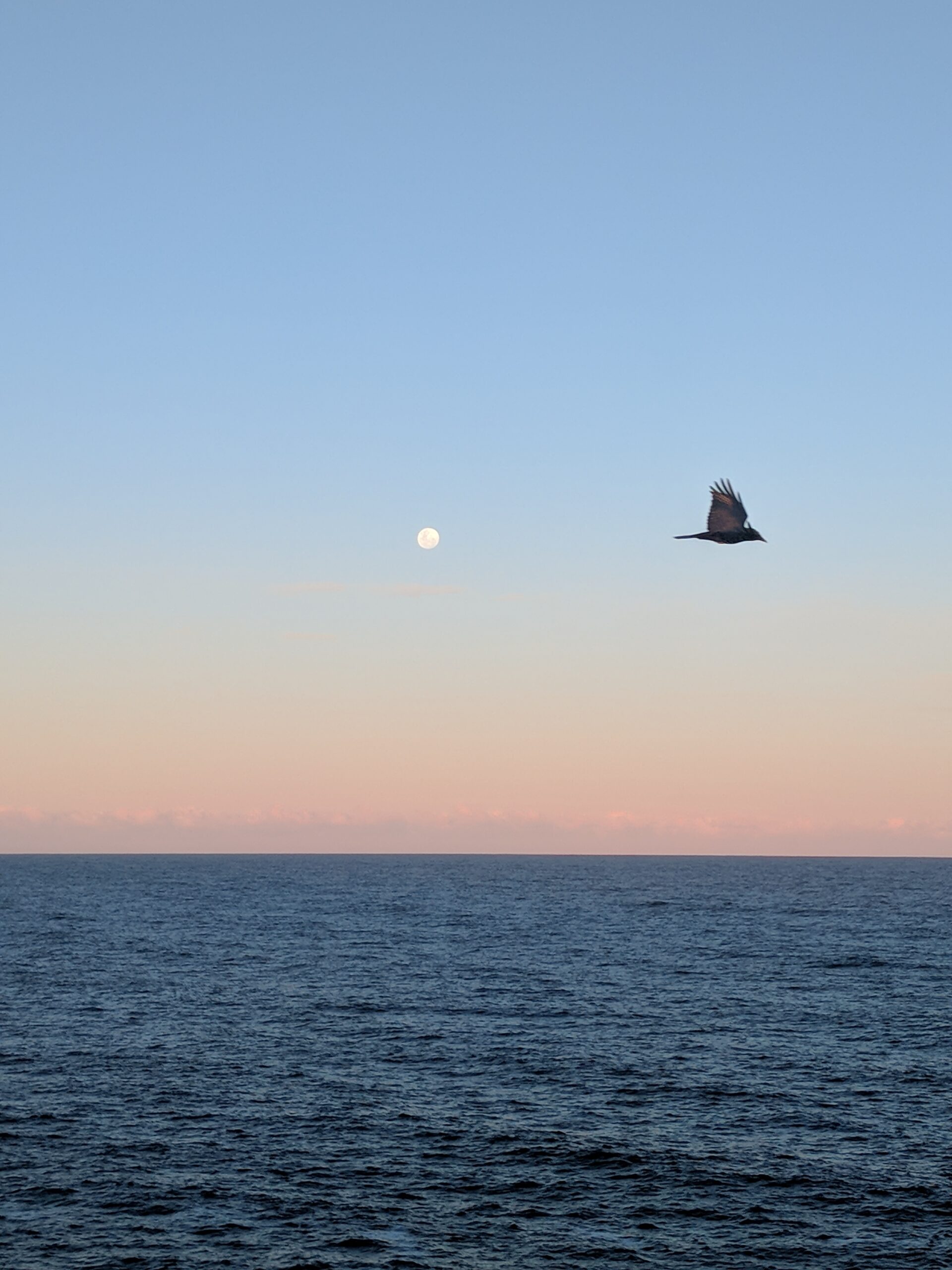
there’s not much else you could do


Digital ethics, safeguarding user and data dignity, is the very practice we don’t have enough of, the very concept that isn’t applied enough, the very standard that isn’t adhered to but instead sold out on.
Software and web development used to be a neutral space, but now it is where all the responsibilities lie. Grow up nerds, and look your own realities in the b/eye/te.
Whatever you collect and whatever you publish is also *your* responsibility.
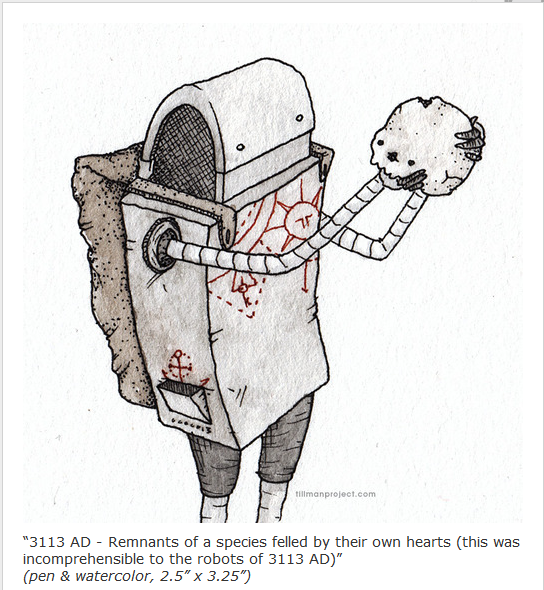
Related: Neveragain.tech – The Tech Pledge
Read more about design that exploits natural cognitive bias and other inclination that sits with UI & UX in this formidable mastery blog…
and more on design ethics: “The Social Dilemma reveals the dark side of persuasive design. So-called dark patterns run rife through social media apps; the previously-mentioned chat bubbles and the ‘pull to refresh feature’ (mirroring a slot machine) are just 2 examples.“
It always was, but now we’re beyond overdue. Keep protesting o/
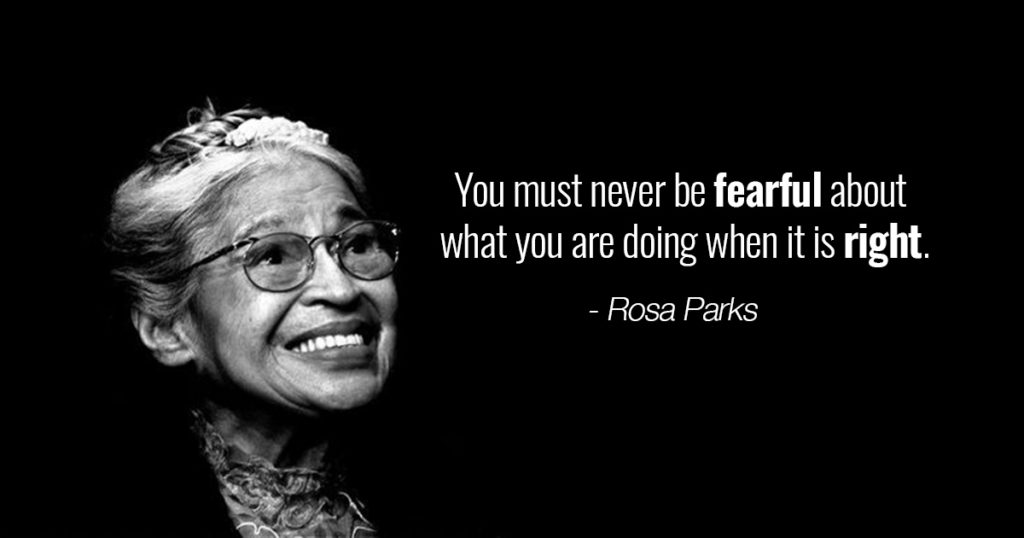
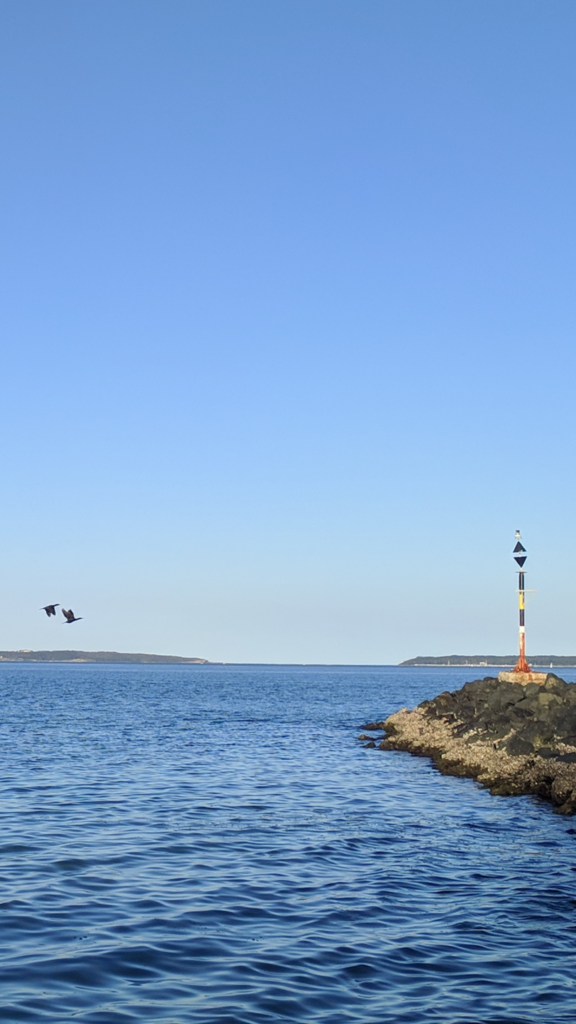
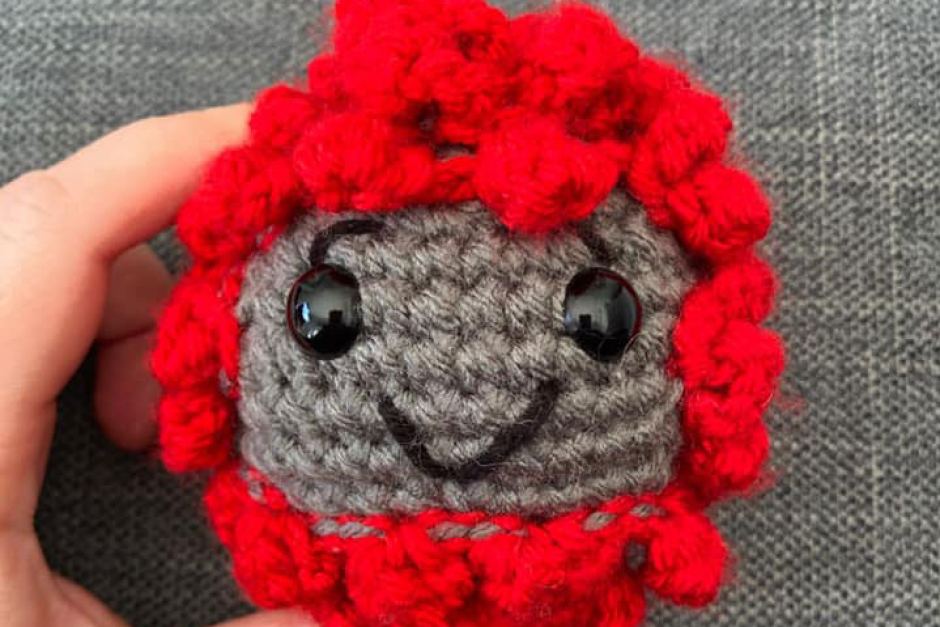
Found this gem during a walk around the neighbour hood
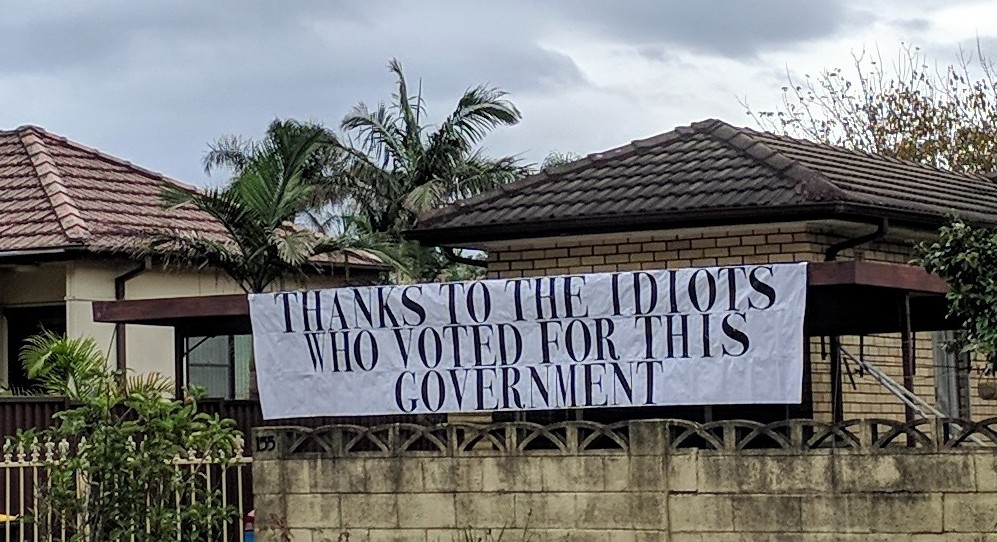
To my country, from an expat – Ben Lawson poem
The mate I live with for the past 20 odd years is of Aboriginal appearance. Or so it seems, according to the many times he was stopped on the streets by police or similar agencies when we lived in Kings Cross and that area.
The even more mind-boggling part to that story is though that, whenever I appeared in the picture (blond white female) (eg. me coming out of a shop where he was waiting outside, or he parked waiting for me, etc.) they would instantly let go of him. Or, and just as instantly, when he opened his mouth and started talking, with his uncanny European accent, being German born yet descendant of a mix of European cultures.
What that taught us early on, when coming to Australia to live here, is how fucked you are when your skin is not as bright shiny white as my cancer ridden freckled shell is…
We have since tried our best to support all Indigenous projects and initiatives we could get involved with. And frankly so should you too, and everyone. There’s just no other way than unconditional support to close this unbelievable societal gap that is so tangible and somehow latently accepted everywhere in Australia.
A sobering yet splendid write up of the current state of affairs
Meanjin.com.au/essays/unearthed by @cityoftongues
“We buy cheap clothes without letting ourselves think too much about the manner of their production, eat meat without thinking too much about where it comes from, catch planes without thinking too hard about the impact of them, or of the materials that went into building the plane, or the road, or of making the power that runs the lights. For those of us in the first world, any reckoning with these questions is likely to be particularly painful, demanding we learn to see the invisible legacies and ongoing trauma of colonialism and exploitation, dispossession and destruction that surround and enmesh us. Seen like this our resistance looks less like moral cupidity or wickedness than self-preservation. As T.S. Eliot recognised almost a century ago, there is only so much reality most of us can bear.
As a result we inhabit a weird duality, a world in which we know but do not know, and where these mechanisms of evasion and denial allow us to avoid staring into the eye of what is coming.
Five million Syrian refugees deranged Europe, a fraction of that has dramatically affected the dynamic of Australian society. What happens when tens of millions head north and south from Indonesia and equatorial or sub-Saharan Africa? When Central America or parts of India become uninhabitable? When Bangladesh and Myanmar flood? What happens when that occurs at the same time food grows scarce, water resources dry up and economic activity contracts to less than nothing as global commerce collapses?
When sea-level rise has swallowed the Sundarbans and made cities such as Kolkata, New York and Bangkok uninhabitable, when readers and museum-goers turn to the art and literature of our time, will they not look, first and most urgently, for traces and portents of the altered world of their inheritance? And when they fail to find them, what can they do other than to conclude that ours was a time when most forms of art and literature were drawn into the modes of concealment that prevented people from recognising the realities of their plight?”
The average Australian’s diet has a water scarcity footprint of 362 litres per day. A water scarcity footprint consists of two elements: the litres of water used, multiplied by a weighting depending on whether water scarcity at the source is higher or lower than the global average.
Foods with some of the highest water scarcity footprints were almonds (3,448 litres/kg), dried apricots (3,363 litres/kg) and breakfast cereal made from puffed rice (1,464 litres/kg).
In contrast, foods with some of the smallest water scarcity footprint included wholemeal bread (11.3 litres/kg), oats (23.4 litres/kg), and soaked chickpeas (5.9 litres/kg).
Of the 9,000 diets studied, 25 per cent of the water scarcity footprint came from discretionary foods and beverages such as cakes, biscuits, sugar-sweetened drinks and alcohol
Food systems account for about 70 per cent of global freshwater use.
Read the whole article here: https://www.abc.net.au/news/2019-10-07/chocolate-wine-food-production-water-use-climate-change/11578608
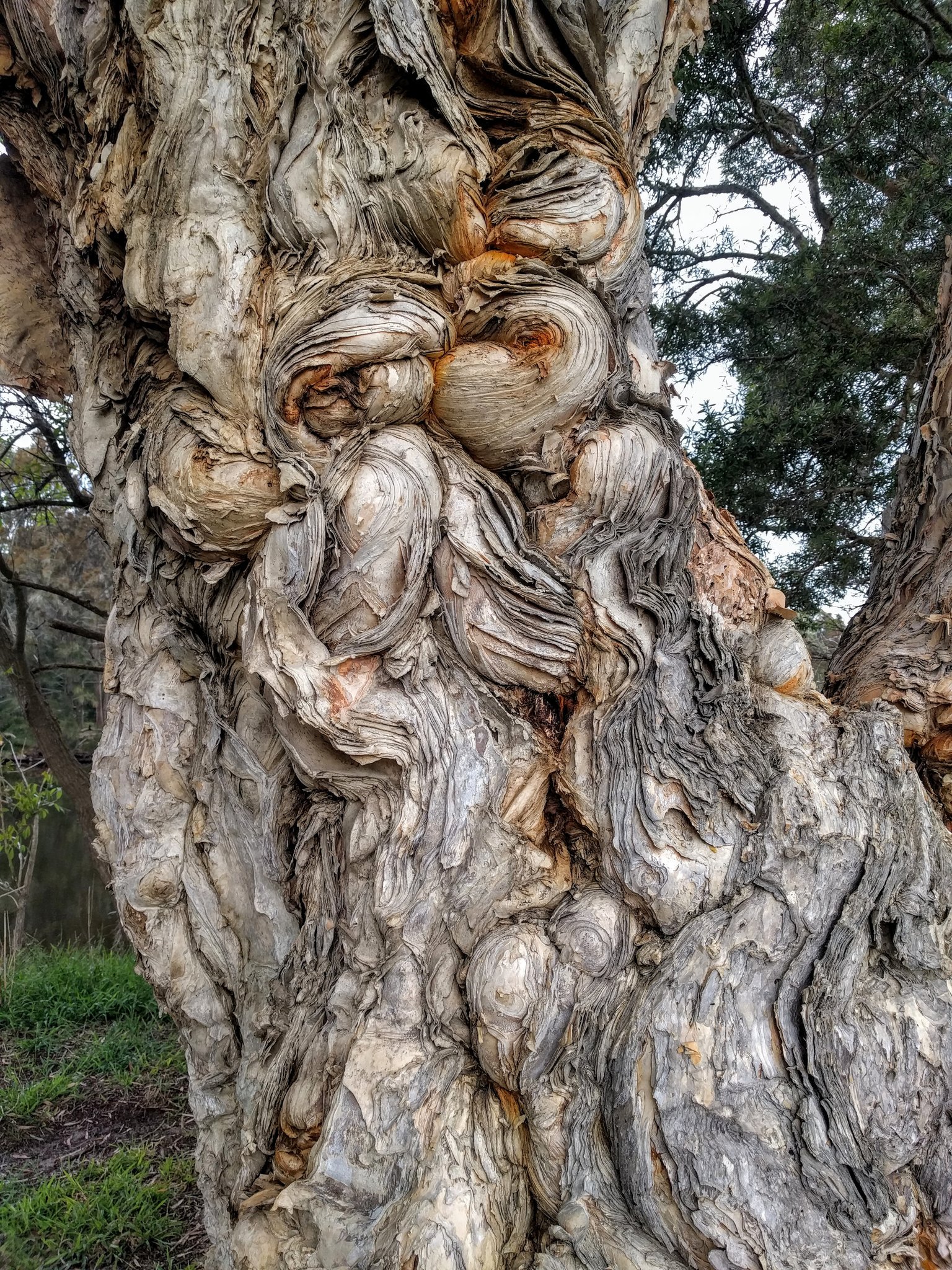
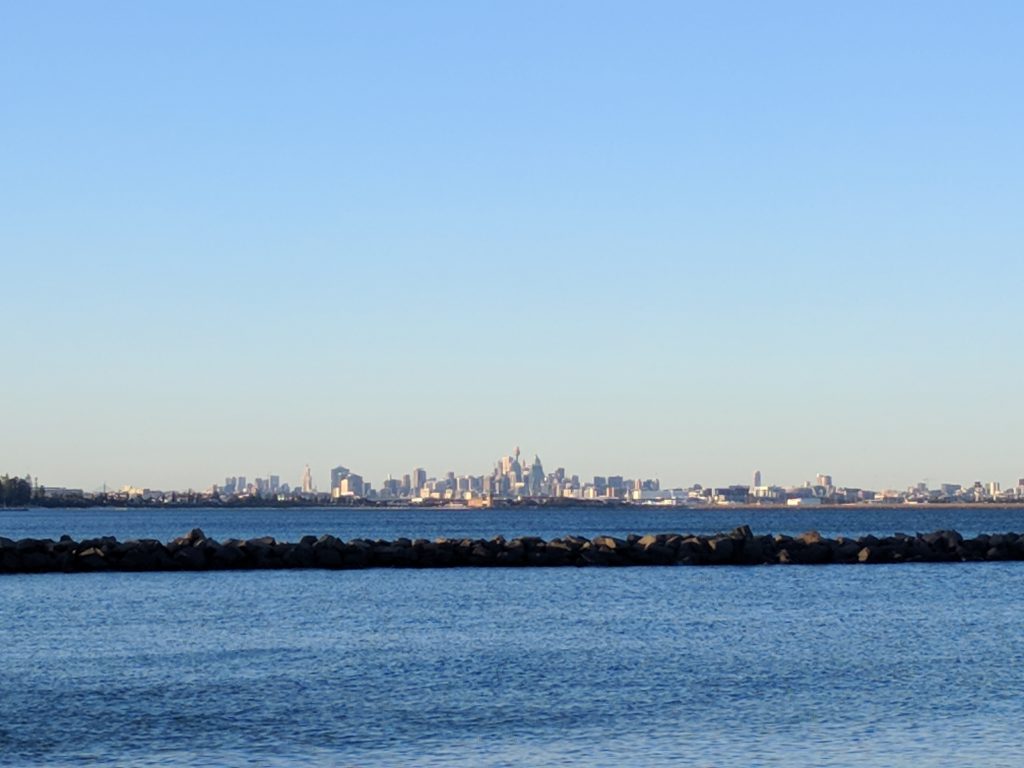
… but away was good too! 😀
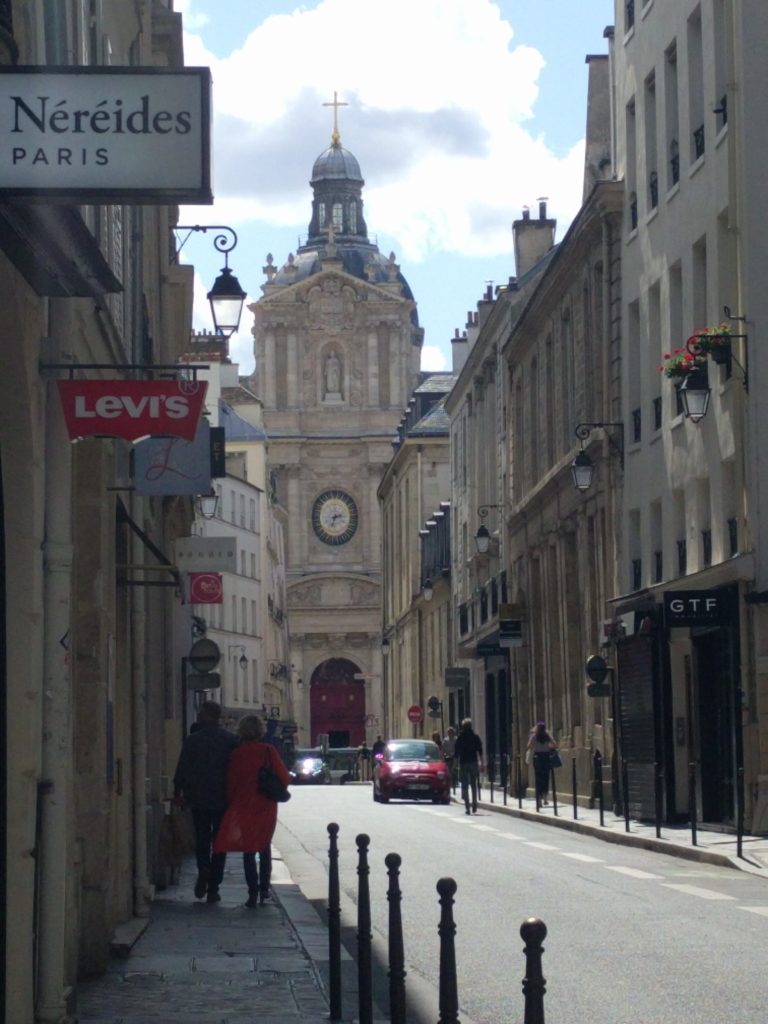
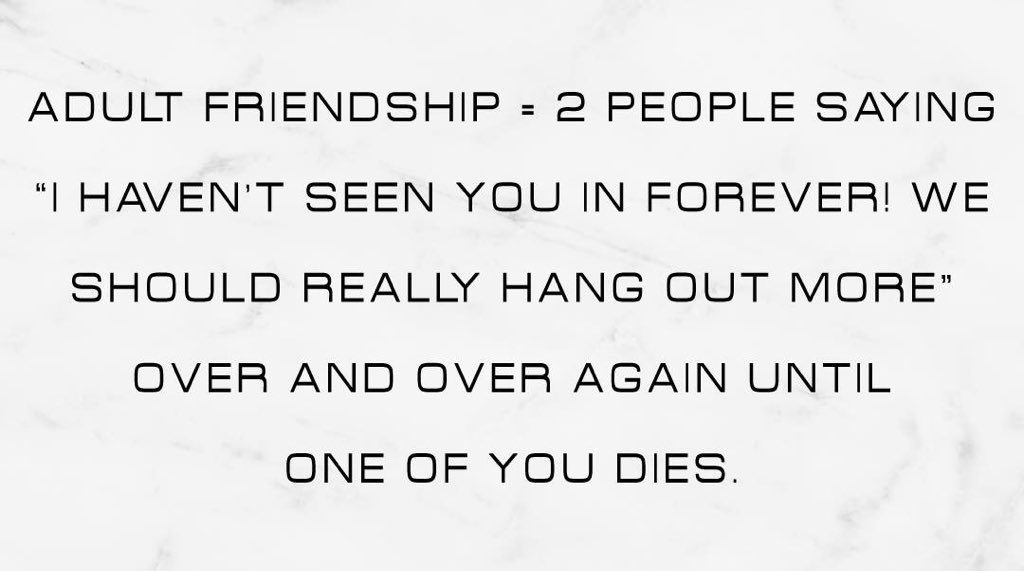
From the marvelous Brainpickings.org
Huxley examines the self-consciousness at the heart of worship, thus echoing Mark Twain’s lament about religion and human egotism :
We love ourselves to the point of idolatry; but we also intensely dislike ourselves — we find ourselves unutterably boring. Correlated with this distaste for the idolatrously worshipped self, there is in all of us a desire, sometimes latent, sometimes conscious and passionately expressed, to escape from the prison of our individuality, an urge to self-transcendence. It is to this urge that we owe mystical theology, spiritual exercises and yoga — to this, too, that we owe alcoholism and drug addiction.
Huxley turns to how drugs have attempted to address this human urge and the interplay of those attempts with religion:
Modern pharmacology has given us a host of new synthetics, but in the field of the naturally occurring mind changers it has made no radical discoveries. All the botanical sedatives, stimulants, vision revealers, happiness promoters and cosmic-consciousness arousers were found out thousands of years ago, before the dawn of history.
In many societies at many levels of civilization attempts have been made to fuse drug intoxication with God-intoxication. In ancient Greece, for example, ethyl alcohol had its place in the established religion. Dionysus, or Bacchus, as he was often called, was a true divinity. His worshipers addressed him as Lusios, “Liberator,” or as Theoinos, “Godwinc.” The latter name telescopes fermented grape juice and the supernatural into a single pentecostal experience. . . . Unfortunately they also receive harm. The blissful experience of self -transcendence which alcohol makes possible has to be paid for, and the price is exorbitantly high.
Huxley argues that while the intuitive solution seems to be to enforce complete prohibition of mind-altering substances, this tends to backfire and “create more evils than it cures,” while also admonishing to the diametric opposite of this black-and-white approach, the “complete toleration and unrestricted availability” of drugs. Peering into the future of biochemistry and pharmacology, he foresees the development of “powerful but nearly harmless drugs,” but also notes that even if these were invented, they’d raise important questions about use and abuse, about whether their availability would make human beings ultimately happier or more miserable. He finds reason for concern in medicine’s history of overprescription of new drugs and writes:
The history of medical fashions, it may be remarked, is at least as grotesque as the history of fashions in women’s hats — at least as grotesque and, since human lives are at stake, considerably more tragic. In the present case, millions of patients who had no real need of the tranquilizers have been given the pills by their doctors and have learned to resort to them in every predicament, however triflingly uncomfortable. This is very bad medicine and, from the pill taker’s point of view, dubious morality and poor sense.
Read the whole article at amazing Popova’s Brainpickings https://www.brainpickings.org/2014/03/25/aldous-huxley-moksha-drugs/